Today at AICE I moderated a panel on “Transparency 4.0: Illicit Trade and the New War on Error”.
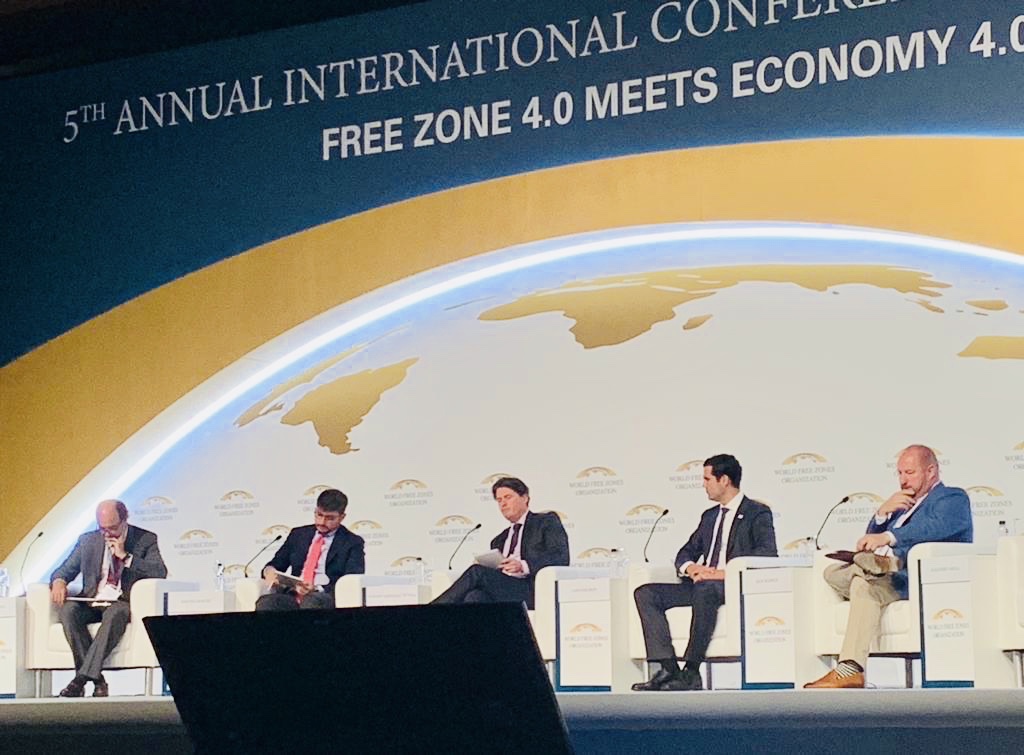
It was a great panel with high level discussions from panelists Juan Pablo Rivera Zone Franca de Bogota, Matteo Mattei from PMI, Jack Radisch from OECD and Gustavo De González de Vega Zona Franca de Tenerife.
A historical day today at AICE 2019 under SIL in Barcelona when World FZO at its general assembly launched SafeZone, the first ever Compliance Managenent Programme for the worlds’ 2600 freezones.
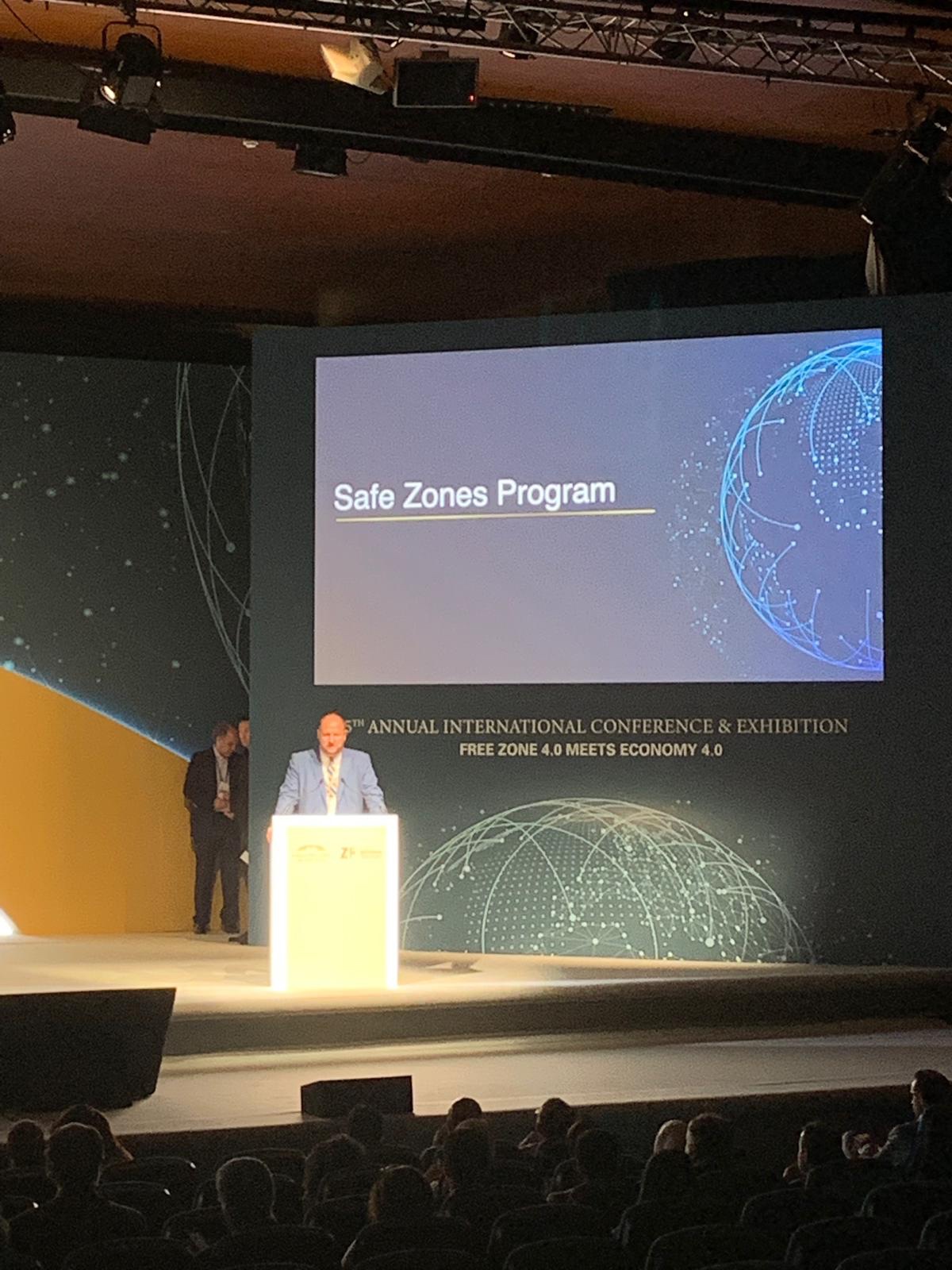
We in KGH are proud to have helped World FZO to design, develop, pilot & implement the programme, open for applications on Monday July 1st. Here I deliver my Key Note Address presenting the programme.
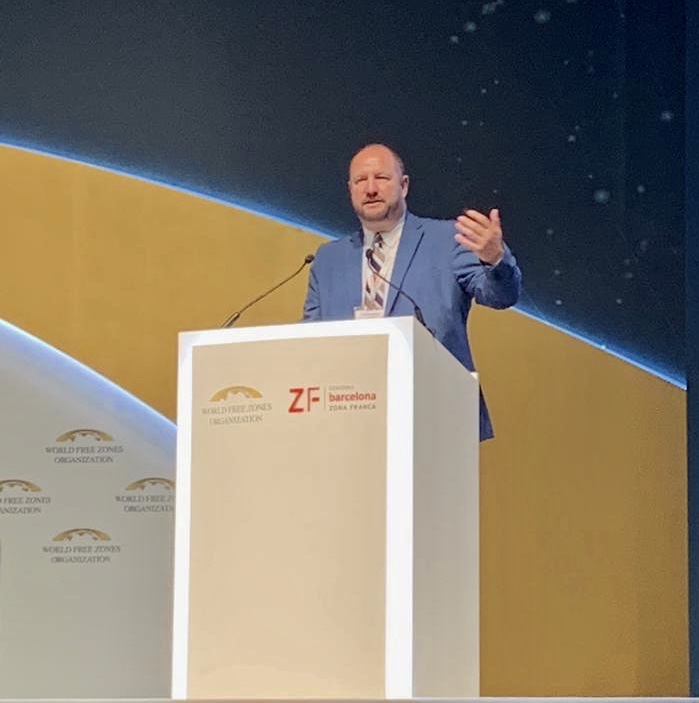
Thanks to the CEO of World Free Zone Organization Dr. Samir Hamrouni for trusting us to build this flagship programme.

The three first SafeZones in the world receive their certificates, congratulations to Dafza Dubai, Le Freeport Luxembourg & Zona Franca de Bogota Colombia. Great moment.
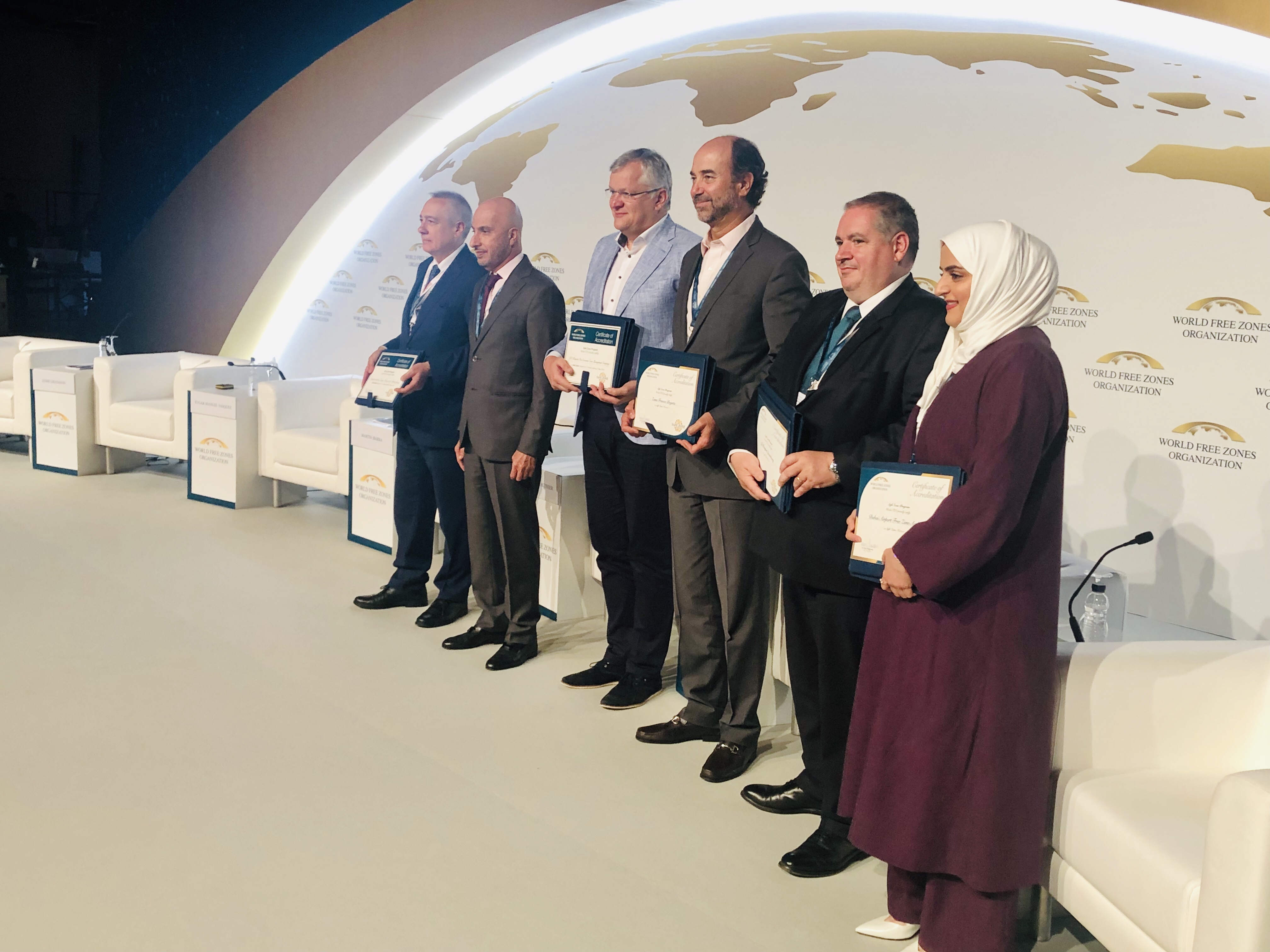
The SafeZones at the ceremony. The Freezone of Klaipeda and the Freezone of Barcelona recieved SafeZone Level 1 Propsect Status, menaing that they meet the basic criteria and now have 12 months to make necessary complementary updtes to receive the certificate.
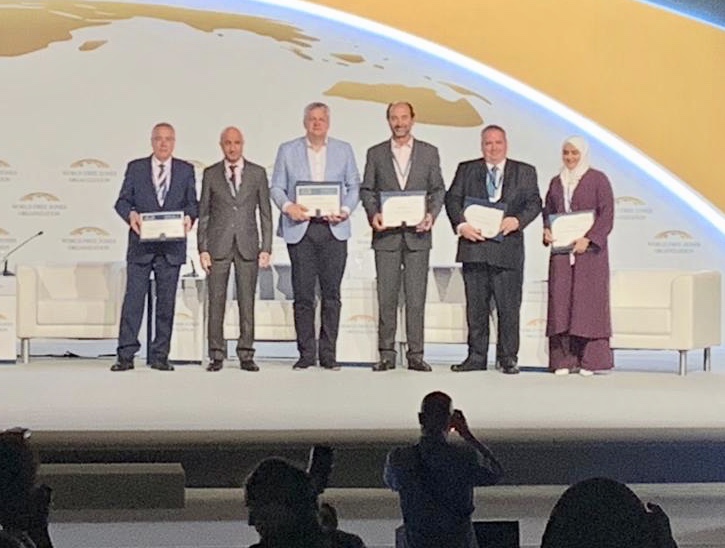
The SafeZone Programme is now officially launched and applications can be sent to World FZO starting Monday July 1st.
Canada and the Netherlands unveiled a new pilot project in Montreal. Biometric technology combined with a mobile app will enable people to travel between the two countries without their passports. Instead, the travelers’ physical appearance will be used as a form of identification. Global’s Brayden Jagger Haines has more.
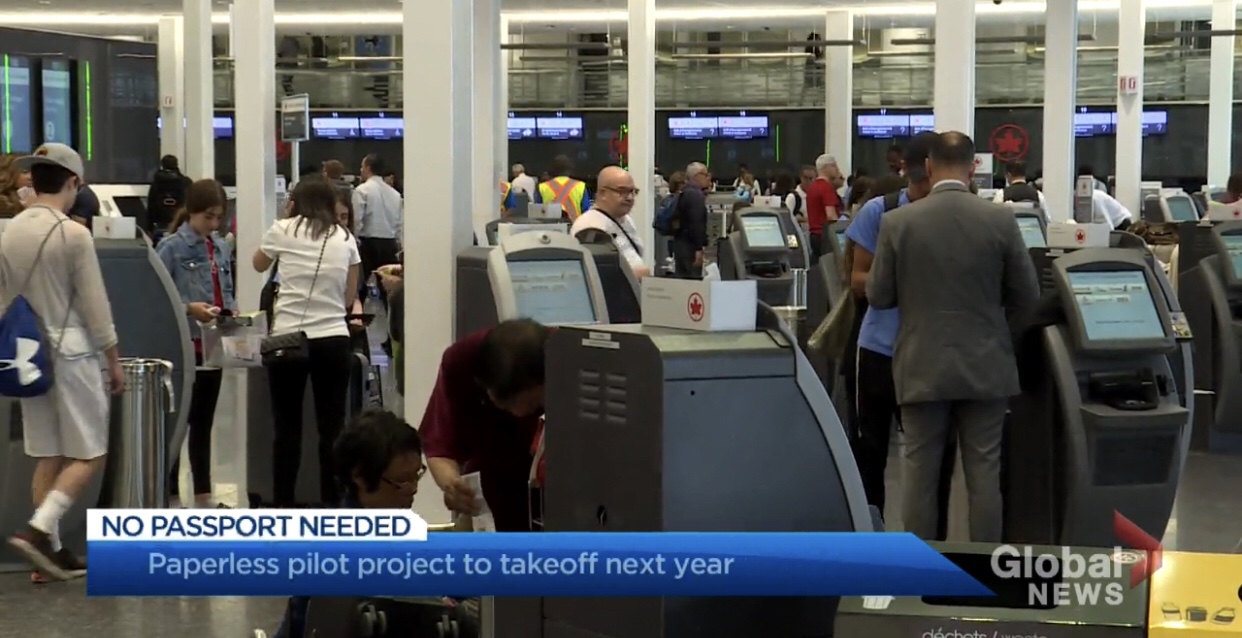
Flying passport-free between Canada and the Netherlands will soon be a thing, thanks to a paperless pilot project between the two countries.
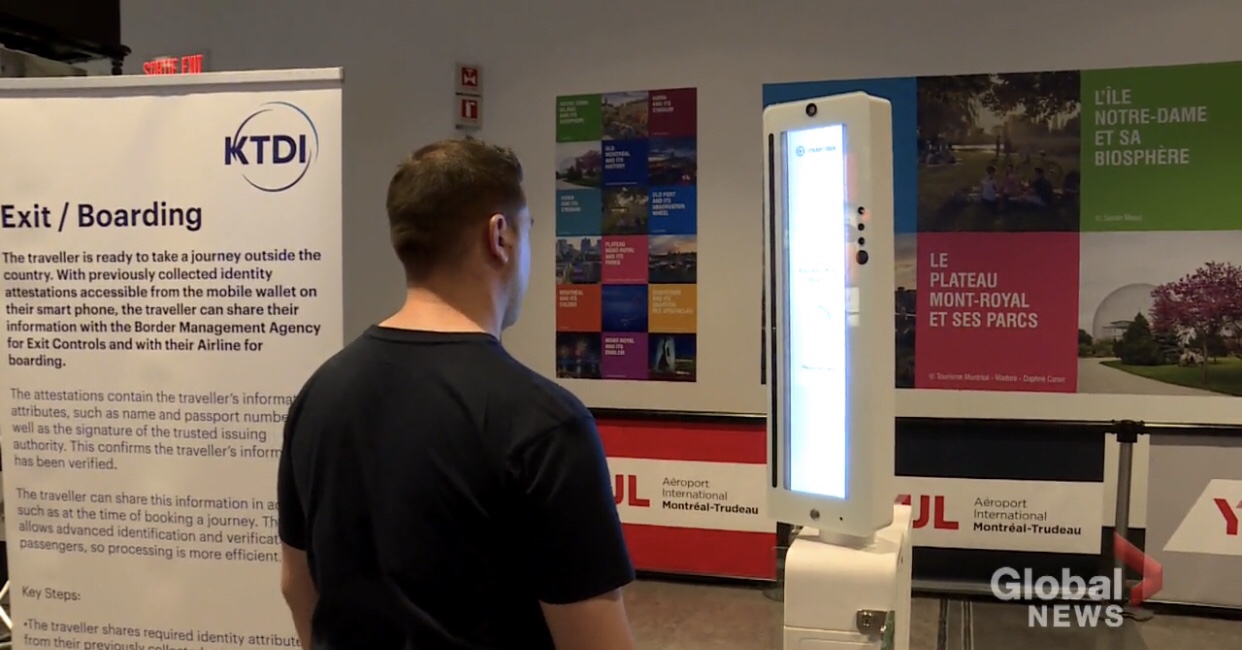
The project was launched Wednesday by the World Economic Forum in collaboration with the governments of Canada and the Netherlands, as well as several industry partners including border authorities, airports, technology providers and airlines.
Why go paperless? The estimate is that by 2030, international travel could rise to 1.8 billion passengers — up 50 per cent from 2016.
“With current systems, airports cannot keep up,” said Christoph Wolff, head of mobility at the World Economic Forum.
“This project offers a solution. By using interoperable digital identities, passengers benefit from a holistic system for secure and seamless travel. It will shape the future of aviation and security.”
Montreal Airport President and CEO,Philippe Rainvilles said Montreal has become a international travel hub.
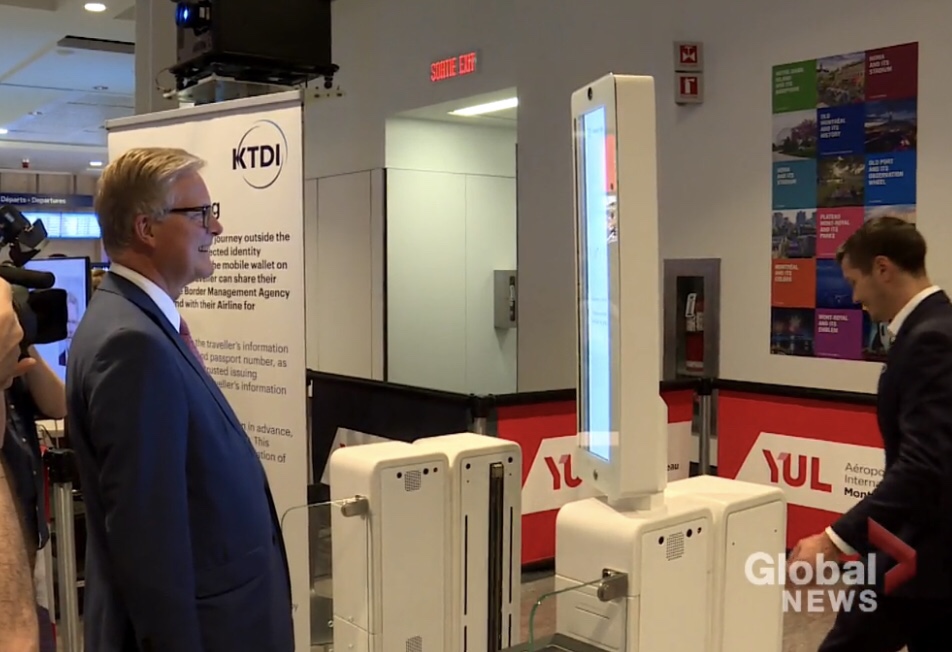
In the last five years YUL airport has seen a 33 per cent increase in travelers with 50 per cent of passengers traveling abroad on international flights.
The project will use Known Traveler Digital Identity (KTDI) as a platform to identify personal information by linking back to government-issued documents.
The World Economic Forum says it will put passengers in charge of when and how their data is shared. The information will be stored and encrypted on a passenger’s mobile device, rather than on their passport chip.
“By using the blockhain technology, advance cytology and bio metrics we are able to put the user in control,”
Using biometrics, the data is continuously verified at every leg of the journey until the passenger arrives at their destination. This will allow them to establish a “known traveller status” over time.
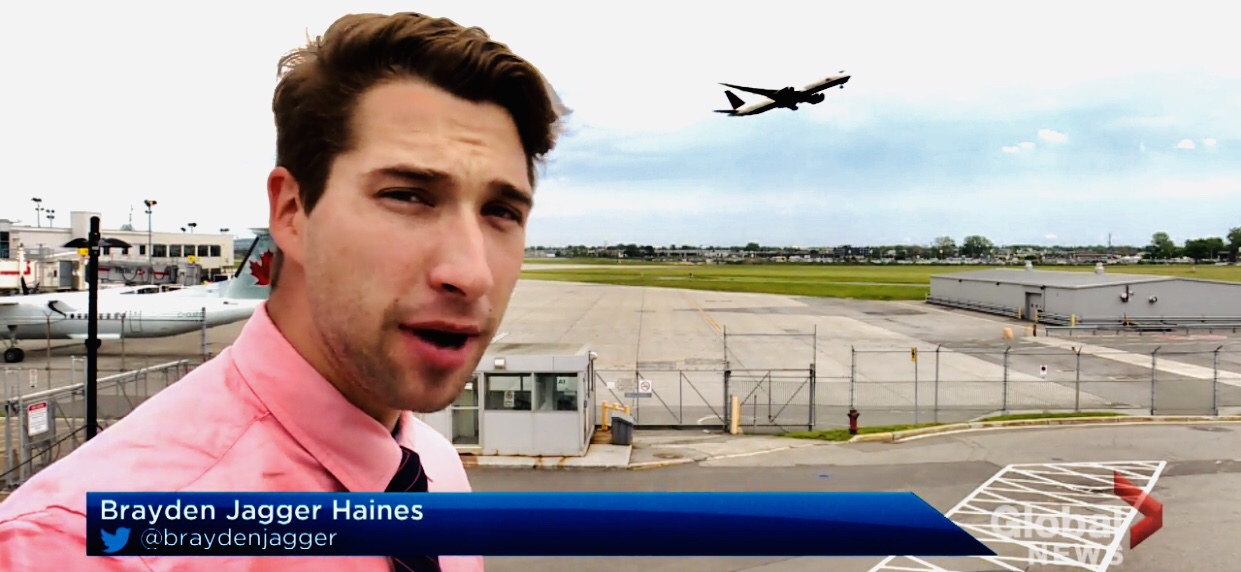
will help facilitate seamless global air travel and benefit the world economy by enhancing the traveler experience, while ensuring that cross-border security is maintained,” stated Federal Transport Minister Marc Garneau.
The pilot project is still in the testing phase, but is expected to be rolled out at Montreal’s Pierre Elliott Trudeau and Toronto’s Pearson international airports by early 2020.
Source: WEF/Global news






You must be logged in to post a comment.